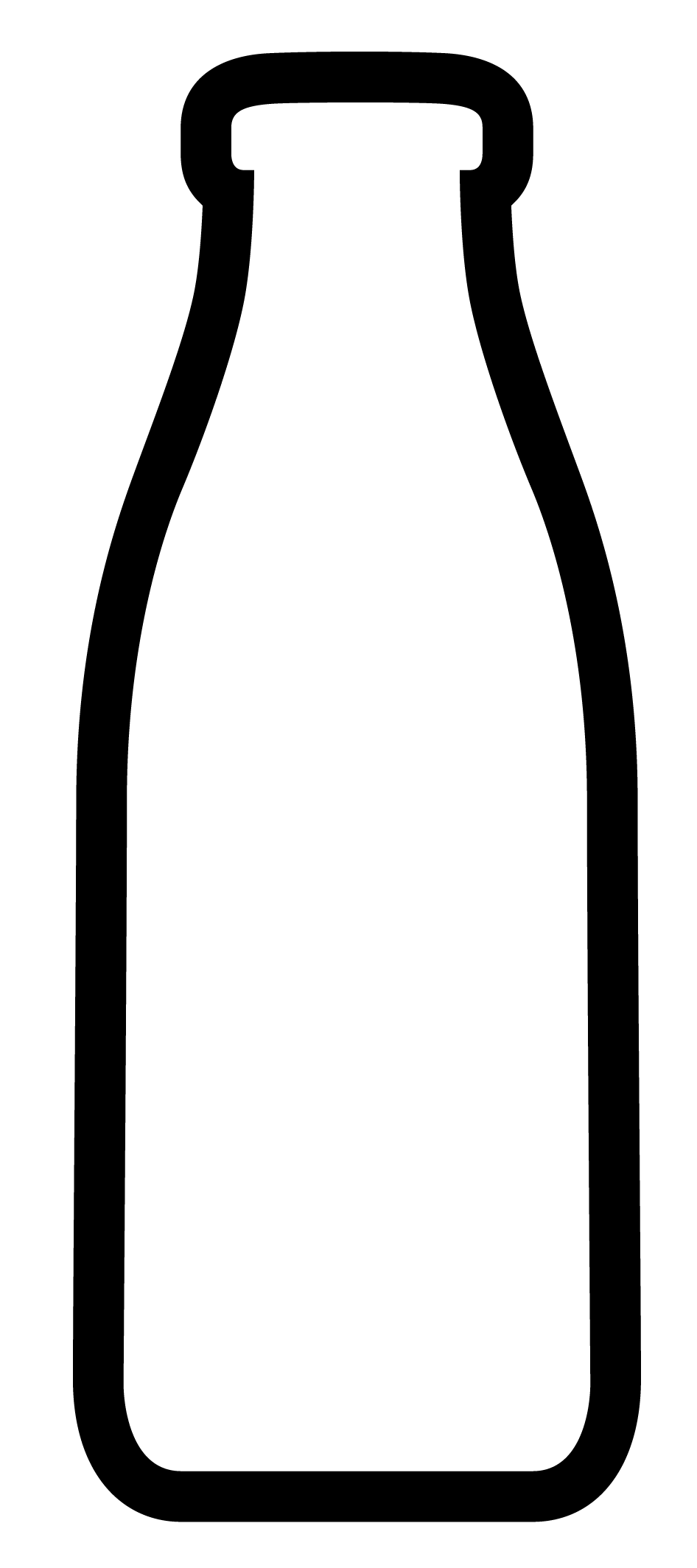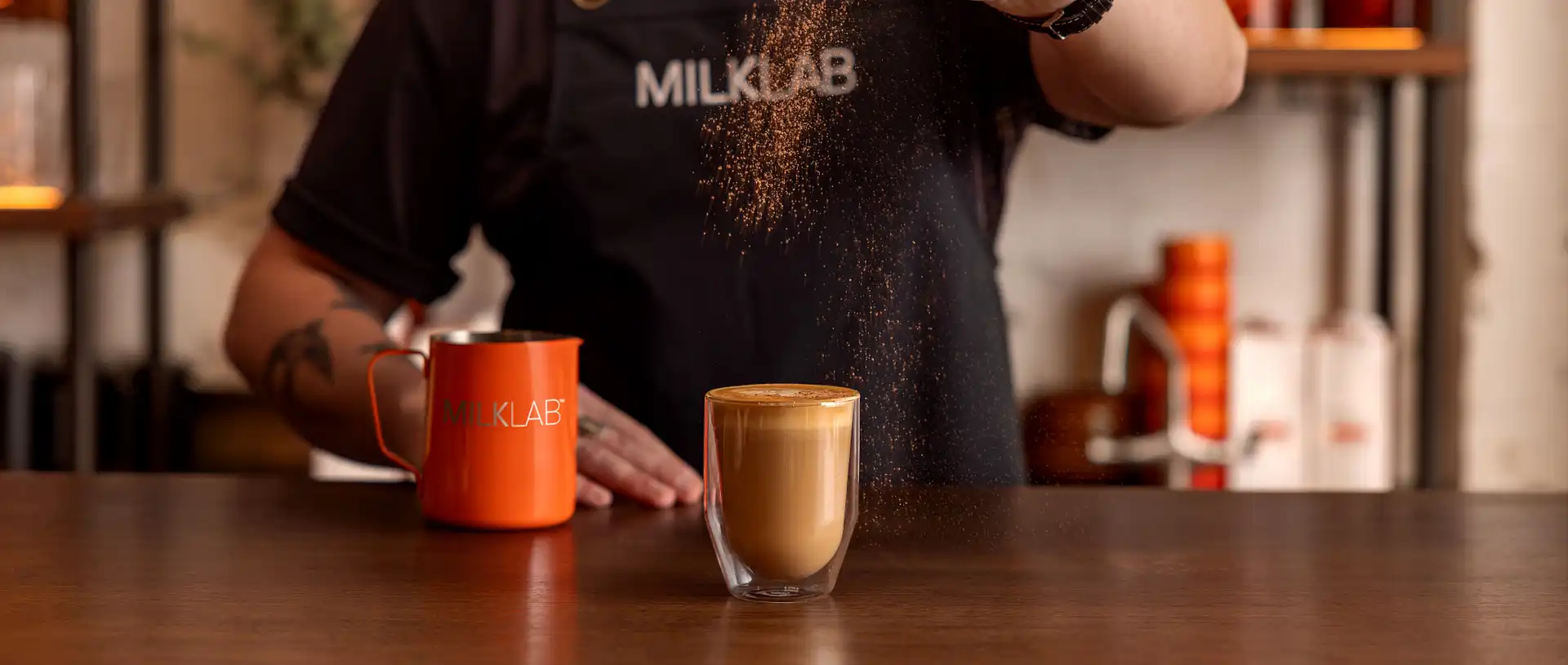Coffee Chats: MILKLAB x Zentveld’s


Nestled in the lush green valleys of the Byron Bay hinterlands, there’s a coffee lover’s paradise by the name of Zentveld’s. Founded in 1993 this coffee farm and roastery produces coffee of the highest quality with a strong focus on sustainable farming methods.
We sat down with none other than the ‘Roast Mistress’ herself to discover the story behind this innovative brand and get insights into what it’s like to grow coffee in Australia.
Get to know Rebecca Zentveld, the ‘Roast Mistress’

While Australia is world-renowned in specialty coffee, we’re more known for our excellent roasters and cafés than we are as growers of the magic beans. Zentveld's is one of only around 30 Australian coffee farms and was founded by Rebecca on her family farm just five years after the first arabica coffee trees were planted in New South Wales.
Zentveld's is known for producing cool-climate coffees with regenerative farming practices, as Rebecca, who is affectionately known as the ‘Roast Mistress’, explained.
“We grow coffee that’s naturally free of pesticides, which is remarkable as coffee is one of the most heavily sprayed crops in the world. With our cooler climate in the subtropics, we are free of coffee rust and berry borer, so do not spray any herbicides or pesticides on our trees,” she said.
“The greatest difference we have made as growers is that we have added lots of biodiversity on our farm over the last 35 years, so we are not just a monoculture of coffee trees,” she added.
Because they don’t use harmful sprays, Zentveld’s also collaborate with beekeepers, and the farm boasts over 36 native bee boxes and an array of honey hives. “We even sell our own coffee blossom honey,” she said.
Throughout the farm there are rainforest plantings, native shrubbery borders and orchard trees, flowers, fruit and vegetables, ground covers and cover crops amid the coffee rows, all of which add biodiversity and create a welcoming environment for birds, bees and native plants.
Thanks to the Zentveld family’s eco-friendly approach, “Our 18-hectare farm has been transformed from a grassy paddock and invasive weed-tree creek line to a haven for birds and native friends both big and small,” Rebecca explained.

On colLABoration with MILKLAB
The partnership between Zentveld’s and MILKLAB is relatively fresh and is going from strength to strength. In addition to offering MILKLAB products in the Zentveld’s coffee house on the family farm, by joining forces on social media, both brands have been able to “bring audiences high-quality content, showcasing and promoting both our businesses,” Rebecca said.
And there are synergies between the two brands that go beyond business, such as a shared focus on sustainability.
At MILKLAB, we emphasise sustainability in our partnerships, such as with Frank Green (keep reading to the end for more on this), and saveBOARD, the manufacturer of the MILKLAB stand at MICE 2023 and 2024. Similarly, Zentveld’s is always seeking less environmentally impactful ways to farm. This means “not just focusing on organic, but truly regenerative practices,” Rebecca said.
“We see MILKLAB as an industry leader for alternative milks in Australia. The company has strong branding and vision, and it’s easy to see they are committed to partnering with other businesses in this space that share their same values around sustainability,” she said.
While MILKLAB Oat is Zentveld’s top seller, they are “excited to offer MILKLAB Macadamia to our customers, as the Northern Rivers is renowned for growing beautiful quality macadamia nuts.”
“Choosing local has been our ethos since we started, so it feels like a perfect pairing to celebrate local nut milk with our local coffee blends,” she said.
“The full crop to cup experience”
While many restaurants bring a farm-to-table approach to their cooking, in the world of specialty coffee, the concept of crop-to-cup is relatively unknown. Zentveld’s are at the forefront of this idea in Australia.
“Offering the full crop-to-cup experience is pretty unique and we are pleased to share it,” Rebecca said.
While thousands of trees have been planted on the property over the past 35 years, in recent times, Rebecca and John have adjusted their approach to ensure the healthiest growing conditions for their crops. “We’re focussed on looking after life below the soil as well as life above it,” she said.
“With the range of practices we have implemented, we are building up our healthful soils and retaining moisture right where we need it. We have been actively transforming the land that we look after to become an ecosystem that provides natural nutrition, and holds moisture such that our coffee and all plantings are grown naturally,” she added.
The farm’s roastery and coffee house are powered by solar, with two large storage batteries “providing most of our electricity needs,” she said.
Exploring the Byron Bay coffee scene

In Byron Bay, the coffee culture is different to urban Australia, with a noticeably more leisurely vibe than in the cities. The Harvest Food Trail is a highlight each year, with Zentveld’s offering Crop to Cup Tours as part of the event.
“Sometimes it can feel like coffee is associated with rushing and ‘go go go’. In Byron and our coastal towns, the coffee vibe is about conversation and taking time out,” Rebecca said.
While espresso coffee is still the dominant force in Byron Bay, “there is a growing demand for lighter roasts more suitable for plunger and filter coffees, which we welcome too,” she said.
“Locals love to come to our coffee house for their ‘time out coffee’ with views from the verandah overlooking the coffee rows, rainforest creek line and macadamia hills beyond,” she said.
“People walk in and smile as they soak in ‘that view’ and it sinks in that they are drinking coffee grown right there in front of them,” she added.
“Now with MILKLAB Macadamia, we have the ultimate expression of localness in a cup!”
Frank Green x MILKLAB for World Environment Day

In the spirit of sustainability and in celebration of World Environment Day, MILKLAB has colLABorated with Frank Green on a special edition reusable cup, showing our love for baristas with a super cute heart-shaped design in colLABoration with Australian artist Luke John Matthew Arnold. Like all Frank Green cups, this is an eco-friendly product made with sustainable materials, with amazing thermal performance. Grab yours now on our merch store or direct at Zentveld's.
Discover Zentveld’s regenerative farm in Byron Bay for delicious locally grown coffee and be sure to try our decadent MILKLAB Macadamia in your next cup.






